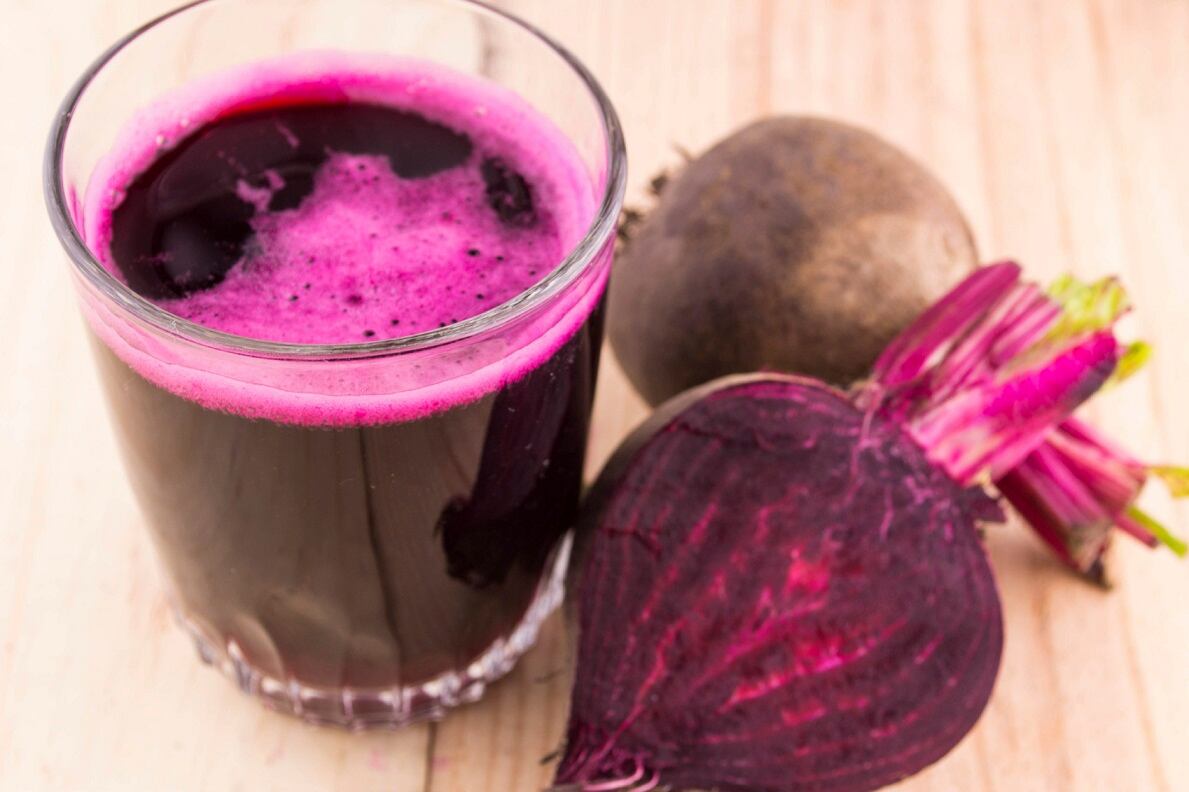Beet It, which has been on the market for years in the UK and elsewhere in Europe (where “beetroot juice” has been the preferred parlance), promotes its products with a claim of being backed by science. That claim is borne out by the company’s production process, which can standardize the amount of nitrate in the company’s 2.3-oz shots, said Joel Maharry, a marketing specialist and principal in the firm Ulrich Maharry that is coordinating the US launch. Maharry has worked on other major functional beverage launches such as Kevita brand kombucha drinks.
Standardization sets products apart
“The Beet It shot is the de facto standard,” Maharry told NutraIngredients-USA. “It reliably delivers 400 mg of nitrate in every serving. Beet It developed a process to adjust the amount of nitrate in every shot.”
Maharry said he believes that the standardization process sets Beet It’s products apart. The US market niche for beet products—if one can say there is such a thing—is crowded with a number of products in different forms. Maharry acknowledged that fact, but he said he didn’t think Beet It will be late to that party because he said the reliably high nitrate levels in Beet It’s shots and bars provides sufficient differentiation. That consistency has helped make the shots the standard material for research into the dietary benefits of nitrate, he said.
“They have developed a way to make identical beet juice shots that have nitrate removed from them for use as placebos,” Maharry said.
Foods trending over into supplements
The products are being sold as conventional foods, but have a supplement-like positioning with the standardization of a marker chemical and the emphasis on the physiological benefits of the ingredient. Beet juice has been studied for its role in stimulating the nitric oxide pathway in the body, delivering demonstrable vasodilation benefits. Studies have shown increases in athletic performance as well as ancillary benefits such as the maintenance of healthy blood pressure levels. For example, a recent 15-day study conducted by scientists from Kyung Hee University in Korea and the University of California at Davis using a 70 mg daily dose of beet juice (equating to 2.3 oz) found that it was was associated with increases in blood levels of nitrates and nitrites, and decreases in systolic and diastolic blood pressure, compared to consuming the same amount of a nitrate-free beet juice, according to findings published in the American Journal of Physiology - Regulatory, Integrative and Comparative Physiology.
“These findings suggest that beetroot juice can act as a dietary ergogenic supplement capable of enhancing oxygen delivery and reducing work of the heart, allowing exercise to be performed at a given workload for a longer period of time before the onset of fatigue,” wrote the researchers.
Not just for sports

Maharry said the initial retail launch will encompass 1,500 locations, including natural channel stores like Whole Foods Market as well as mainstream chains like Krogers, with the eventual goal being thorough market penetration in all 50 states. The potential market is vast, Maharry said. Events like the news that the Clemson University football team was relying on beet juice to boost performance have raised the products’ profile in sports circles, but the other benefits, such as the blood pressure support, auger well for more general market niches, he said.
“Our initial emphasis is on the sports market because that’s where the science and the clinical studies have concentrated most heavily,” he said. “The Clemson news I think sent a little shock wave out across the sports performance world. We continue to get inquiries from teams in the major sports, including from some professional teams.
“But there is a growing body of evidence that suggests that the vasodilation effect might have benefits for people suffering from things like high blood pressure or COPD (chronic obstructive pulmonary disease). Beet juice has been mentioned in a number of cardiopulmonary publications,” Maharry said.
